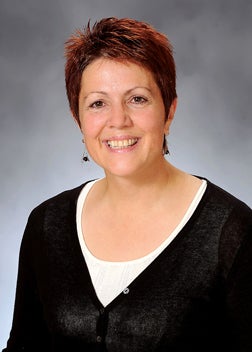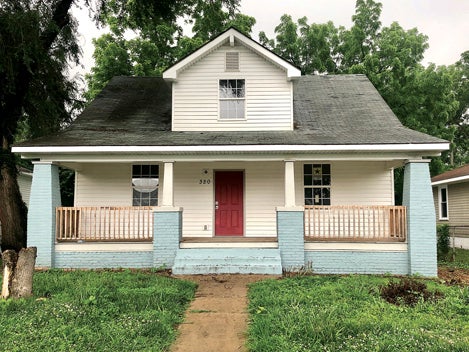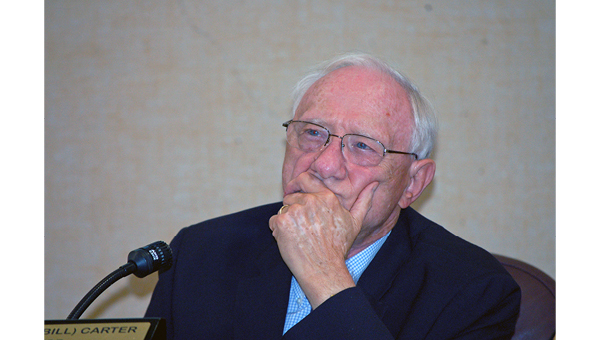A place to call home
Published 3:11 pm Wednesday, June 24, 2020


|
Getting your Trinity Audio player ready...
|
ETSU Social Work professor developing transitional living for at-risk young adults
JOHNSON CITY— Inspired by her teaching, research and service in the Department of Social Work at East Tennessee State University, Dr. Donna Cherry is undertaking a project to help homeless young adults in Johnson City.
“I have had some type of community investment on my bucket list for a long time, but I was never quite sure what I wanted it to be,” said Cherry, an associate professor in ETSU’s College of Clinical and Rehabilitative Health Sciences. “Our faculty are very service-oriented and because of my research interests, I was invited to serve on the Foster Care Review Board of Youth Villages.
“That is where I began to see a real need in Johnson City for transitional housing for young adults who are aging out of the foster care system and are at risk for homelessness, or even young adults who turn 18 and are kicked out of their home because of their sexual identity or other issues. They are equally susceptible to homelessness.”
While young adults coming out of foster care are eligible for public housing, they are not allowed to apply until they are 18, so there can be up to a three-month gap before they are approved and have a place to live, Cherry explained.
To address this issue in the community, Cherry created a 501(c)(3) called Huschka House Transitional Living Program, named in honor of her 92-year-old mother, Virginia Huschka. This program will provide homeless young adults, ages 18-22, with the skills and services they need to make a successful transition to adulthood – starting with a safe and stable place to live.
Cherry’s first step was to find and purchase a home last summer that is close to public transportation, ETSU and job opportunities. The house is currently undergoing extensive renovations and will be open by the end of the year to house up to five young men who meet the program’s definition of “homeless.”
The residents are expected to work and contribute a percentage of their income to the rent and bills. They are allowed to stay up to 18 months.
Case managers will be available to meet with the residents regularly and connect them with resources to help them succeed, such as transportation, budgeting and Health Department services.
“The plan is that once this house is up and running, we will then find another house and it will be for women,” Cherry said. “Our long-term plan is to have a small scatter of houses around Johnson City to assist these young adults until they can get into public housing.”
Cherry’s work includes the classroom and the clinical setting, and she said her students benefit from seeing how what they learn in the textbook applies to what is happening in their community.
As Huschka House progresses, Cherry sees opportunities for bachelor of social work (B.S.W.) and master of social work (M.S.W.) students to gain experience there by helping with case management. She is also looking forward to incorporating the work into future class discussions.
“My service work and the work I do clinically in the community informs my classroom practice and has made me a more effective instructor because I can speak not only to the academic piece of how things work, but also what it looks like in practice,” said Cherry, who has taught at ETSU since 2009. “We’re not just studying case studies in a textbook. These are cases happening a half a mile from campus. This is what it looks like to tackle these challenges right here in Johnson City.
“I encourage my social work students to leverage themselves and their talents and look for opportunities. There are so many ways to make a difference in the world.”
To learn more about ETSU’s Department of Social Work, visit www.etsu.edu/crhs/socialwork/. Find out more about Huschka House at www.huschkahouse.org.







